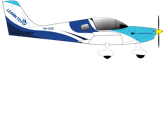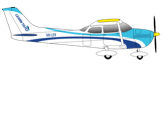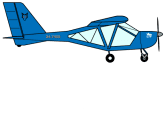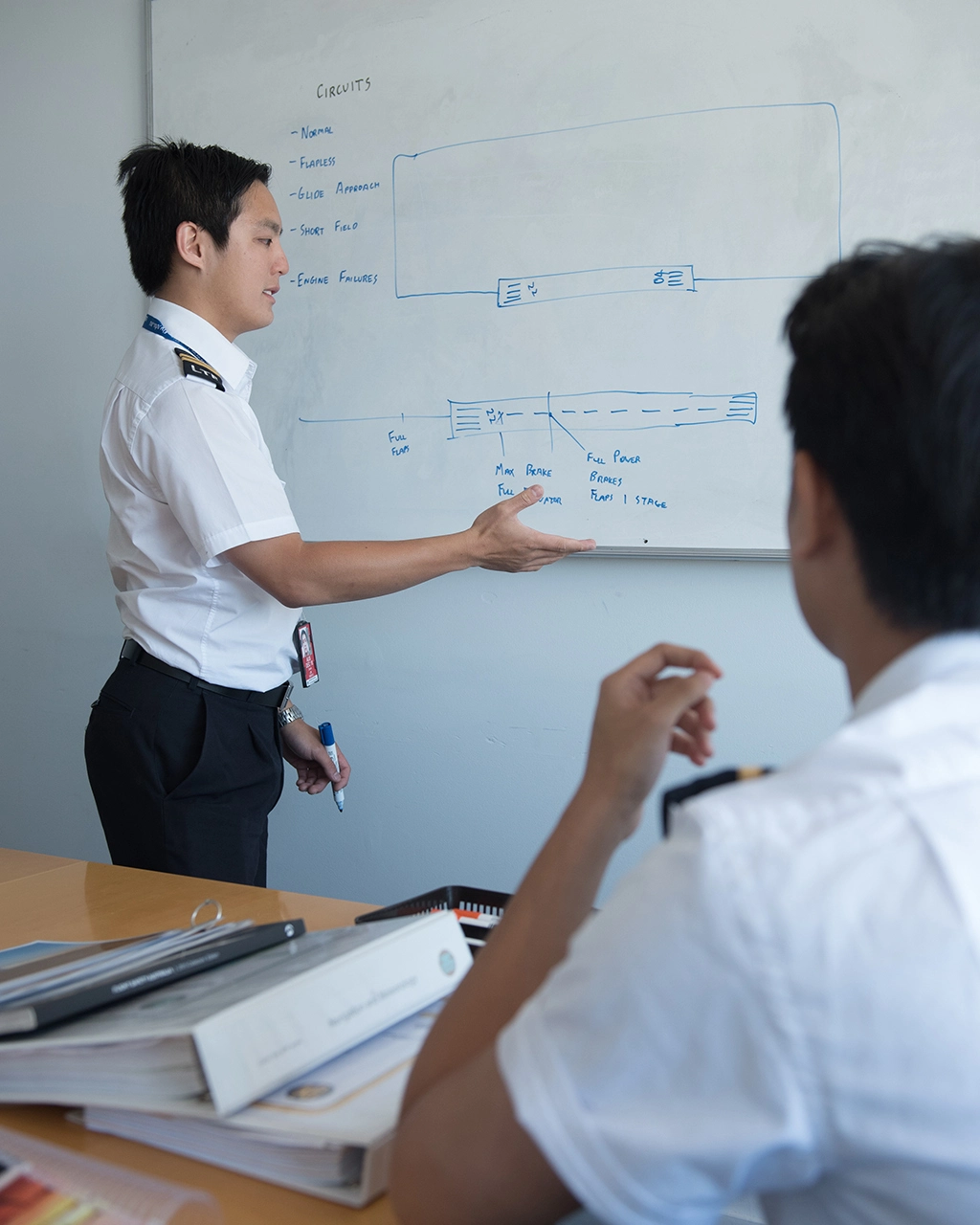
June 15, 2018
Tips On How To Pass Pilot Theory Exams
I know nothing grabs your attention like the words ‘exams’ and ‘theory.’ Here I will give you the scoop on what to expect, and provide some tips on how to pass pilot theory exams.
No matter which course you have enrolled in, you need to study – so let’s get pumped for pilot training exam preparation!
Aviation is a complex and sophisticated profession. Airlines are not looking for cowboys and hotshots, but well-rounded, intelligent statesmen and women. The purpose of this post is to remind you of the importance of approaching the exam runway carefully.
I’m in the fortunate position of having completed all seven of my CPL subjects (woo-hoo!). I have already passed my RPL and PPL exams. I’m not here to brag, but instead, offer my experiences to help you.
Let’s separate the post into three sections: Recreational Pilot Licence, Private Pilot Licence and Commercial Pilot Licence.
Recreational Pilot Licence (RPL) Theory Exam
First of all, congratulations on embarking on a dazzling journey in aviation. But before you hit the cockpit, you need to hit the books! Study is the best way to get your career off the ground. The RPL theory and subsequent RPL(A) theory exam covers:
Basic Aeronautical Knowledge
Basic Aerodynamics
Flight Instruments
Human Factors
Navigation and Flight Planning
Meteorology
Air Law
You may find some subjects harder than others, which is why thorough study is important. The exam is multiple choice, and can be completed online. You are allocated 2 hours, and the pass mark is 70%.
To tackle my RPL exam, I set aside two hours of homework each night after class. It allowed me to iron out weak spots and plug up any knowledge gaps. If you have any questions (and you should), or are finding certain areas tricky, always contact your instructor. They are there to help you pass! I would also recommend completing some practice/mock exams beforehand so you get an idea of the exam format.
The exam will only cover things included in the theory syllabus. That said, sometimes a question can have more than one right answer. You should choose the answer that sounds MOST CORRECT. That might sound funny, but it’s not just a matter of recalling information from memory. It’s important that you display your understanding of concepts.
Private Pilot Licence (PPL) Theory Exam
The PPL exam will cover a wide range of navigation-based topics, as well as knowledge learned during RPL. So it pays to brush up on RPL knowledge as well. The PPL exam has 55-60 questions, varying between multiple-choice and single answer. The pass mark is 70% and you are allowed 3.5 hours.
Some questions offer up to 3 marks and require calculations. It’s vital to answer as many of the extra point questions correctly as possible, as they can ultimately make or break your campaign. These questions mostly relate to take-off and landing distances, weight and balance, density, height and pressure calculations.
It’s advantageous to memorise the formulas for these problems as an over-reliance on the flight computer could throw off your answer due to rounding errors. Flight mathematics must be precise. Slight variants will result in an incorrect answer. There’s no room for guesstimates!
You are allowed to take charts and materials into the examination, so you need to be organised. It’s a good idea to familiarise yourself with the region(s) depicted in the charts as they’re based in Sydney. Most navigation questions require you to draw on the chart.
My best advice here is to take it slow. You have a sufficient amount of time to complete the exam. Slow and steady does win the race. Keep it neat. You don’t want your charts to look like a doctors prescription pad! There’s a saying in the military that applies to exams:
“Slow is smooth, smooth is fast.”
I found that taking the AIP (Aeronautical Information Publication) into the exam didn’t help me. I referenced the Visual Flight Rules Guide (VFRG), and that covered all my bases. This is the only exam which allows you to carry the VFRG – which is concise and easy to follow.
Commercial Pilot Licence (CPL) Theory Exams
Since there are seven separate exams for the Commercial Pilot Licence (CPL), I will give a bit of overview advice. The last thing I want to do is overwhelm you. All exams except Aerodynamics, Aircraft General Knowledge (AGK) and Human Factors, require reference materials and tools to complete the questions.
For all exams, a sound knowledge of the basic concepts is paramount as you could get quizzed on anything. The difficulty for each exam can fluctuate wildly, depending on whom you talk to. I found Aerodynamics and Aircraft General Knowledge easy, while others struggled with these.
It’s worth taking other students’ reports on an exam with a grain of salt. Everyone will have their strengths and weaknesses within each subject. The best bet is to be prepared for anything! You can always set yourself a practice exam (what better way to spend a Saturday night!). For my preparation, I tackled each exercise in the Bob Tait books twice, ensuring I scored above 90% in my practice exams before considering myself ready for the real thing.
Preparing for exams is stressful and tiring. If you’re flying AND studying for your CPL exams, it’s worth reducing your flying time. It sounds like a drag, but this is one case where too much multi-tasking can be your downfall. Use the extra energy to find which study times and locations suit you best. Some work better at home, in the morning – while others may be able to concentrate at school during the afternoon.
For subjects like Navigation and Performance, there are various calculations and chart reading exercises. You will benefit from completing the practice exercises and familiarising yourself with the formulas and formations. Again, it’s important to remember that rounding errors can jeopardise your entire exam.
Conclusion
To conclude, all exam success relies on sound study. Practice, be prepared and remember to take your time. Slow is smooth. There are no shortcuts to aviation knowledge, and being ready for all-weather is a good rule for life and an even better theory for flying. Good luck!
Thank you to student pilot Howard Lau for contributing these tips on how to pass your pilot theory exams.
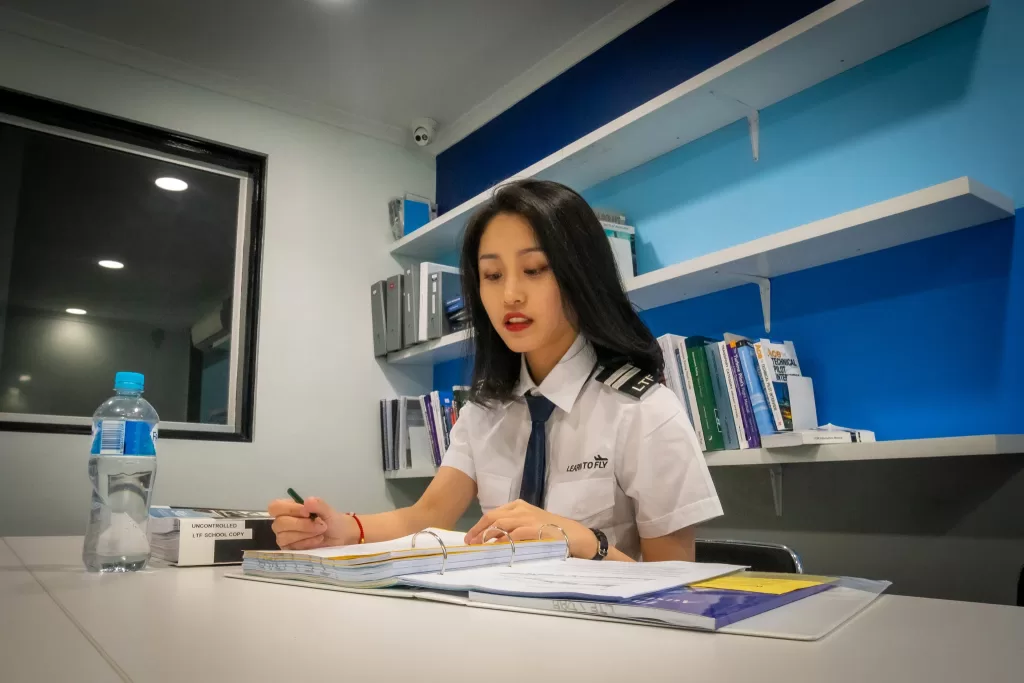
Chat to one of our flight training specialists to get your pilot training off the ground. Email [email protected] or go to https://drift.me/learntofly/meeting to book a meeting and school tour.


